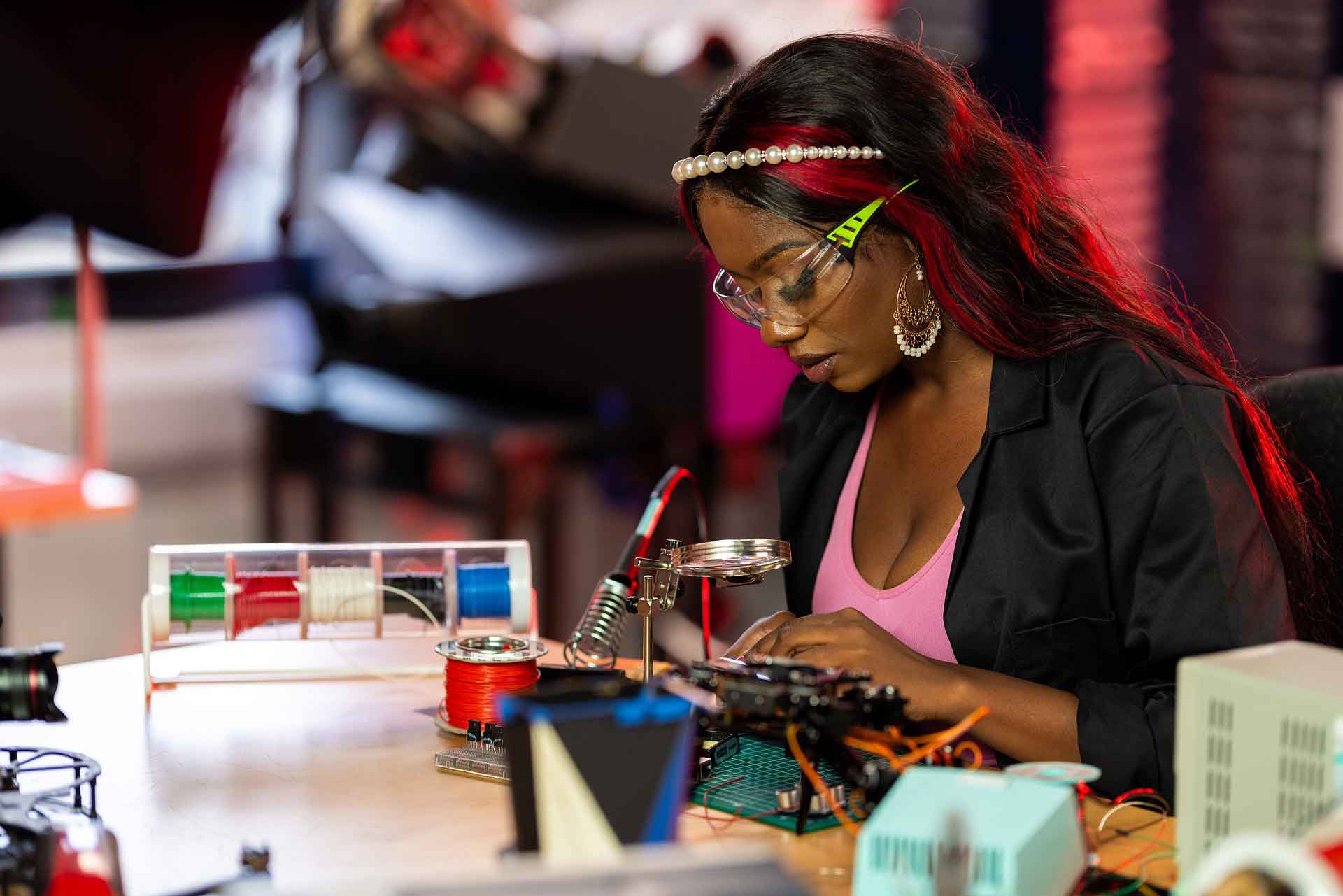“At the heart of the explanation [for the persistence of poverty and inequality in South Africa] is the relationship between structural reality and psychological features,” argued Prof. Crain Soudien, HSRC CEO, at a public lecture on 4 March. According to Soudien, the psychological effects of social structures based on race and gender, and the pain of inequality, must be recognised alongside economic mechanisms to fully explain South Africa’s persistent inequality. By Andrea Teagle.
In South Africa, over 50% of people live beneath the poverty line. With a Gini Coefficient of 0.7, the country has the highest inequality in the world. Since 1994, there have been some improvements. Absolute inequality has declined, for example. If we were to evenly distribute the country’s total wealth, each person would own R104, 618 (€7,080) in assets. However, in reality, the person midway between the two richest and poorest individuals owns almost 7 times less than this figure, according to the Allianz Global Wealth Report 2017. Put differently, mean wealth is nearly 700% greater than median wealth, indicating that nearly all of these resources are clumped right at the top end of the income spectrum. And the gap is widening.


